Who we are

Our organisations
weltgewandt. Institut für interkulturelle politische Bildung e.V., Berlin/DE | Intercultural and civic-political education across Europe
Helinä Rautavaaran etnografisen museon säätiö, Espoo/FIN | Private museum enhancing cultural diversity for the benefit of the whole society
ACTION SYNERGY SA, Athens/GR | Development of education technologies, methodologies and e-learning courses. Focus: social inclusion
Akademia Humanistyczno-Ekonomiczna w Lodzi, Lódz/PL | Private university working on the base of its Technology of Creativity model
DAH THEATRE RESEARCH CENTER, Belgrade/RS | Modern theater techniques to create engaging art and initiate positive social change
A.M.E.F.E., Málaga/ES | Information and training regarding European programmes and the use of NNTT
Meet our team
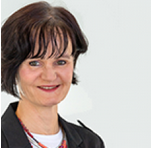
Sophia Bickhardt
Social scientist, lecturer, trainer, author; project head of weltgewandt e.V.; based in Berlin/DE
“The life is one of the most wonderful ones.“
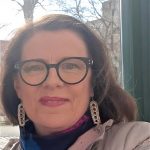
Katri Hirvonen-Nurmi
Chief curator at the Helinä Rautavaara museum, doctoral student in anthropology at University of Helsinki/FIN
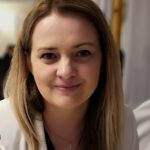
Kamila Witerska, PhD
Educator, lecturer, performative trainer, author; based in Łódź/PL
“Be the change you want to see in the world.” (Gandhi)
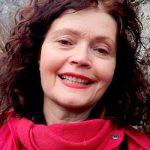
Dijana Milošević
Director at the DAH Theater Research Center, professor at the Institute for Artistic Dance, Belgrade, writer and lecturer
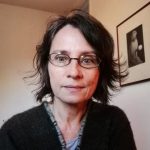
Jadranka Andjelic
Co-founder of DAH, theatre director, artistic director of various festivals, workshop trainer and lecturer
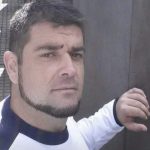
Pedro Leiva
Degree in education, expert in computer systems, more than 10 years experience in EU projects
Byts and Body
How to deal with the current challenges? What could be considered an advantage of an online exchange, what are the limits? Is virtual learning the future? In which way? What kind of encounter and cooperation do we want?

